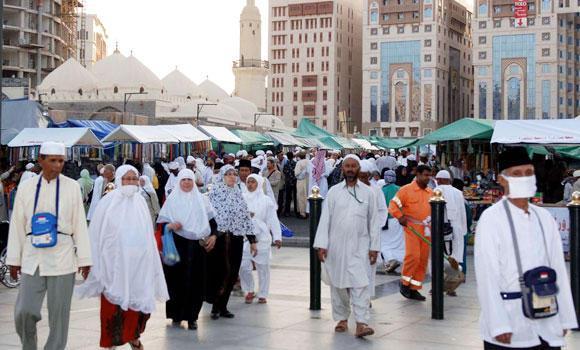
Ministry takes precautionary measures against new virus
The Ministry of Health has put in place its precautionary plan and procedures aimed at preventing the entry of the Zika virus during the Haj season this year.
This involves examining those arriving from countries affected by the virus, isolating infected individuals and providing treatment at ministry hospitals when necessary.
According to Dr. Khaled Marghalani, spokesman at the Health Ministry, symptoms fever, skin rashes, redness of the eyes and pain in the joints, all of which may disappear within days or weeks. Cases that need to be admitted to hospitals are rare and the illness is transmitted by mosquitoes, said public health experts at the ministry.
Marghalani said the public health program applied by the ministry annually during the pilgrimage season is an integrated program that covers three phases: pre-arrival of the pilgrims, upon their arrival at ports of entry, and finally during their presence at the Haj sites.
He said: “In the first phase, comprehensive health requirements will be issued which must be met by the pilgrims before their arrival in the Kingdom, including vaccination with various vaccines based on the country of departure, and complete bans in the case of the pilgrims coming from Guinea, and Sierra Leone.”
He said the second phase includes specific actions that must be taken in ports of entry which involve careful examination of pilgrims arriving from countries with infectious diseases. In the case of suspicion of any case, the individual will be isolated and subject to full examination and referral to a hospital for further tests.
Marghalani said as per international health regulations and global circulars, extermination of insects is a must, including mosquitoes, on board aircraft and ships in order to prevent carriers of the disease from entering the Kingdom.
All visitors will be surveyed until they leave safely to their own countries.



























